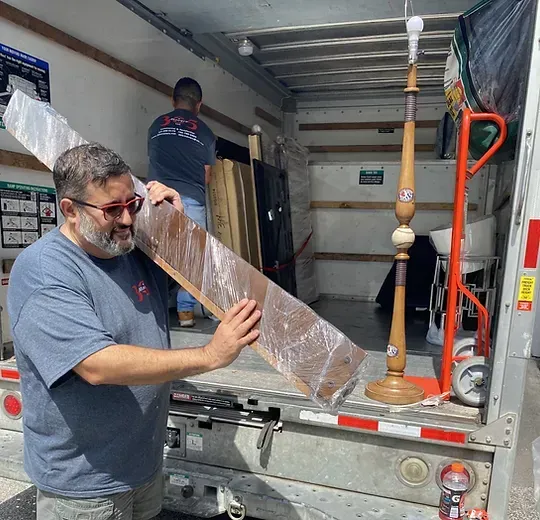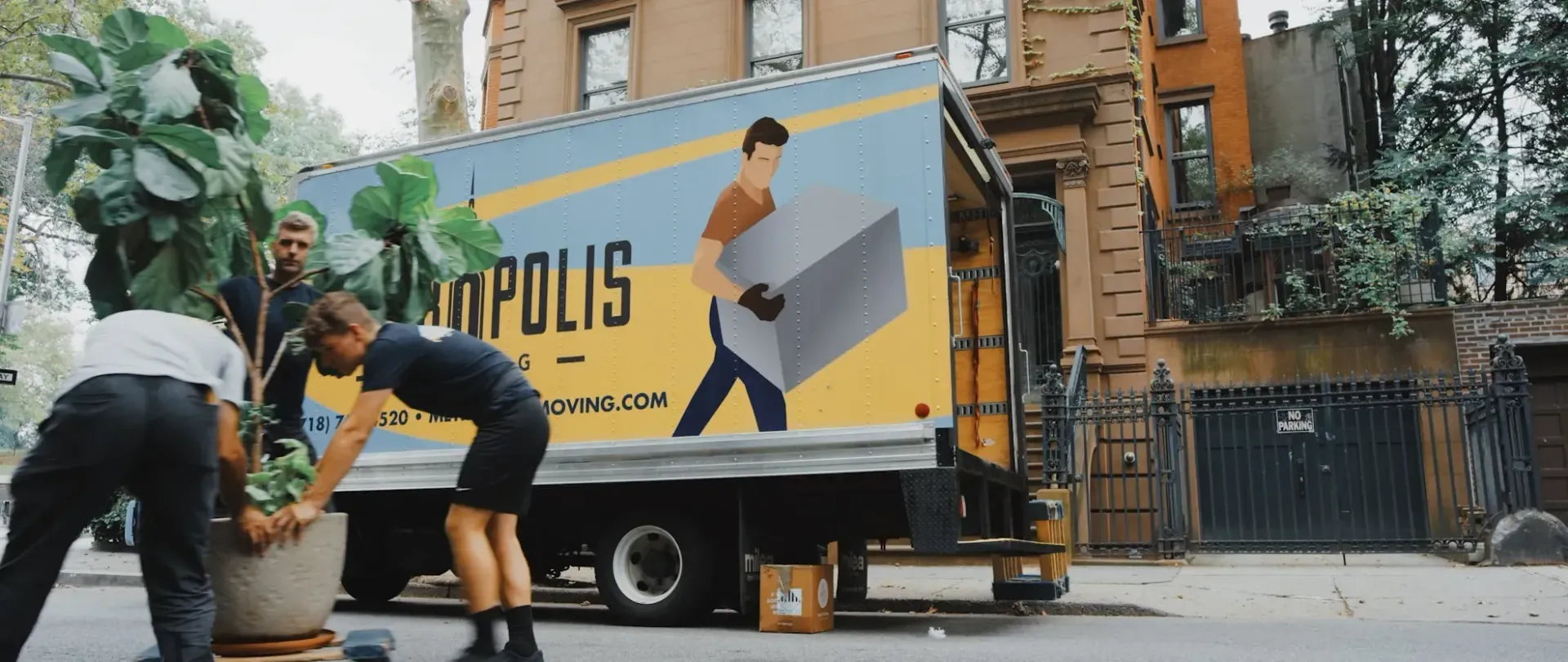
Common Moving Scams You Should Watch Out For
Moving can be a significant life event filled with anticipation and dreams of a new beginning. Yet, amidst the excitement, there's a lurking risk of moving scams, crafted by deceitful operators aiming to exploit this transitional period. Moving scams encompass a range of underhanded tactics, from offering misleadingly low estimates to holding your belongings hostage.
This blog is designed to equip you with the essential knowledge to identify and avoid these moving scams, ensuring your relocation experience is both smooth and secure.
Low-Ball Quotes
Imagine getting a quote that seems too good to be true—it probably is. Low-ball quotes are the hook that many scamming movers use to reel you in. They dazzle you with an incredibly low estimate for your move, only to inflate the price dramatically once your belongings are loaded onto their truck.
Suddenly, the cost skyrockets due to hidden fees, extra charges for services you thought were included, or claims that your belongings weigh more than initially estimated.
To avoid falling for this scam, always get multiple estimates from different companies and be wary of any quote significantly lower than the others. Ask for a detailed breakdown of the costs and confirm that the quote is binding, meaning it can't be changed at a whim. A reputable mover will offer a transparent quote and explain all potential charges upfront.
Hostage Goods
One of the most distressing scams involves your belongings being held hostage. In this scenario, the moving company has loaded your items, transported them to your new home, but then refuses to unload them unless you pay a significantly higher price than originally agreed upon.
Sometimes, this demand comes with threats of storing your items at your expense if the additional fees aren't paid promptly.
To shield yourself from this alarming situation, verify the mover's reputation through reviews and ratings on reputable platforms. Insist on a detailed inventory of your items and a contract that outlines the terms and conditions of the move, including delivery expectations and payment terms.
Never sign a blank or incomplete contract, and consider paying with a credit card for added protection and the ability to dispute fraudulent charges.
Phantom Delivery
Phantom Delivery is a scam that plays on the worst fear of anyone moving: your belongings disappearing without a trace. After paying a hefty fee, you wait for the delivery of your items at your new home, but they never arrive. Attempts to contact the moving company lead nowhere, leaving you without your possessions and out of pocket.
This scam is particularly cruel, as it not only costs you financially but can also have a significant emotional impact, given the personal value of the items lost.
To prevent falling victim to this devastating scenario, conduct thorough research on any moving company you consider hiring. Look for companies with a long-standing reputation, verified addresses, and proper licensing. It's also wise to ask for references and follow up with them to ensure others have had positive experiences with the mover.
Tracking options and regular communication throughout the moving process can also serve as a safeguard against this type of scam.
Insurance Fraud
Insurance fraud in the moving industry occurs when a moving company offers you insurance on your belongings, promising coverage for any damage or loss during the move.
However, should something go wrong, you discover the insurance is inadequate, providing minimal compensation, or worse, you find out the insurance never existed. This leaves you with damaged or lost items and no financial recourse.
To protect yourself from this scam, it's crucial to understand the different types of moving insurance (or valuation coverage) available and what they actually cover. Ask your mover for detailed information about their insurance policies and verify their claims by asking for the insurance certificate.
Additionally, consider purchasing third-party insurance if the mover's coverage doesn't meet your needs or seems suspiciously lacking.
Bait-and-Switch Contracts
The bait-and-switch contract scam starts with an agreement that seems favorable or too good to pass up. Initially, you're quoted a reasonable rate with promises of comprehensive services. However, once your belongings are in their possession, the moving company revises the terms.
Suddenly, there are additional charges, or the services you thought were included are now premium add-ons. The original agreement morphs into something far more expensive or less inclusive than you were led to believe.
To avoid being caught in a bait-and-switch scheme, thoroughly read and understand every detail of the contract before signing. Ask questions about any ambiguous terms and ensure all verbal promises are documented in writing. Be particularly cautious of movers who rush you through the contract signing process or dismiss your questions about contract details.
A reputable company will be transparent, allowing you the time you need to feel comfortable with the agreement.
Conclusion
In summary, staying informed about common moving scams—low-ball quotes, hostage goods, phantom delivery, insurance fraud, and bait-and-switch contracts—is key to a safe relocation. Protect yourself by conducting research, seeking transparency, and securing detailed contracts from reputable movers.
Looking for a reliable and comprehensive moving solution in Miami, FL? 305 Movers is your go-to choice. Offering a wide range of services, including local moving, Florida-wide relocations, specialized senior moving, expert packing, and commercial moving, they cover all your needs with professionalism and care. Trust 305 Movers for a stress-free moving experience in and around Miami, ensuring your move is smooth, efficient, and tailored to your specific requirements.










